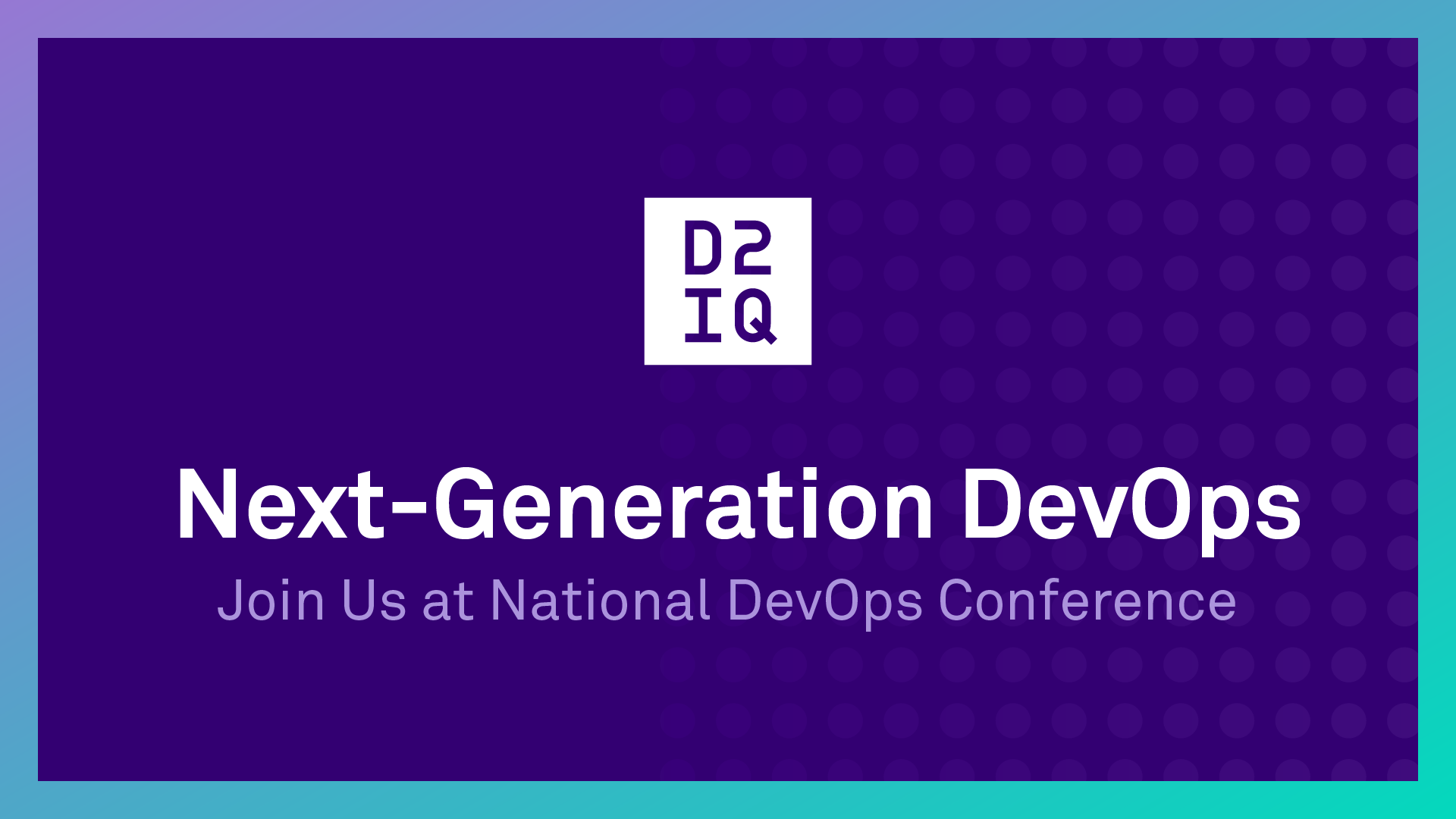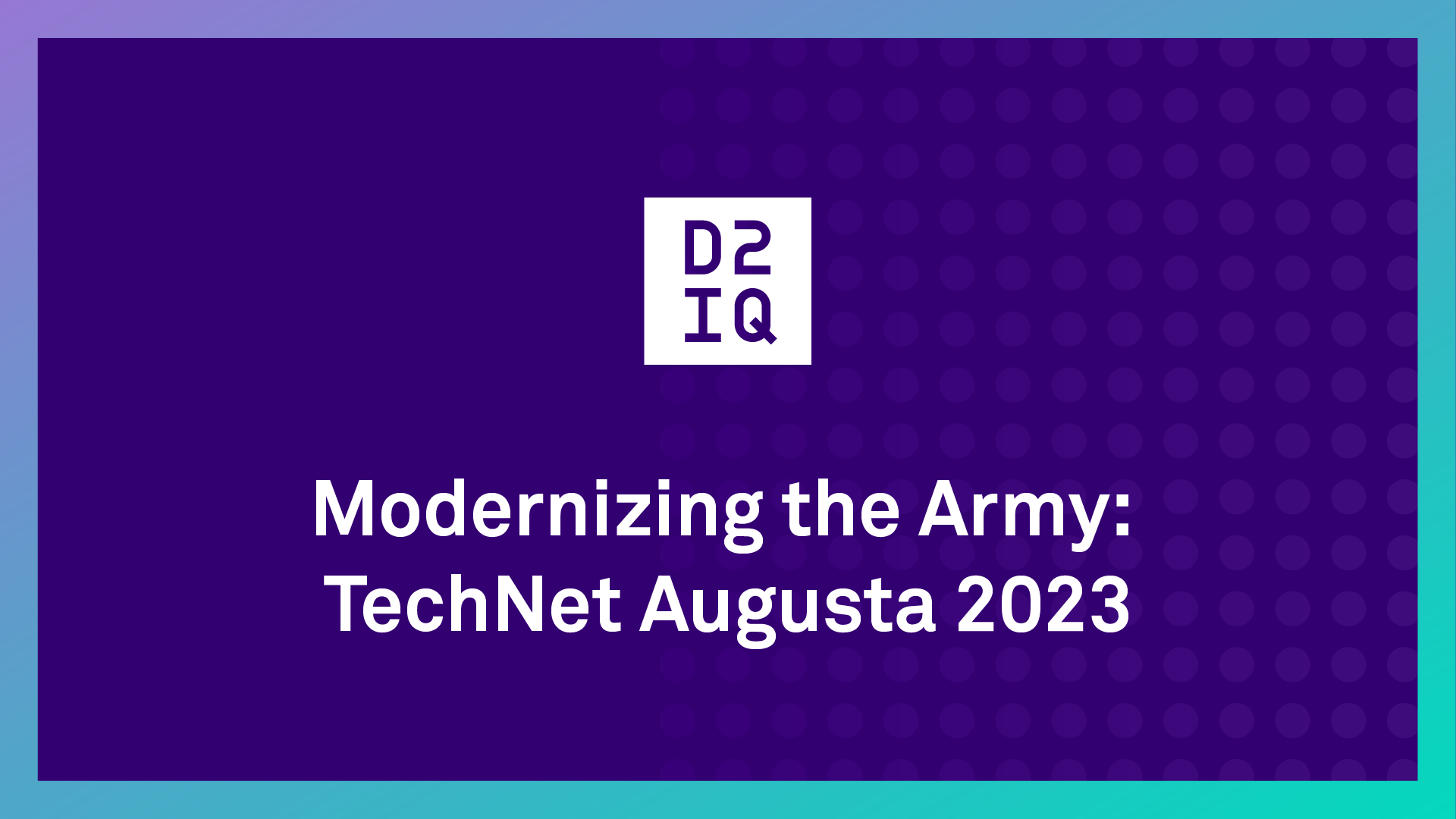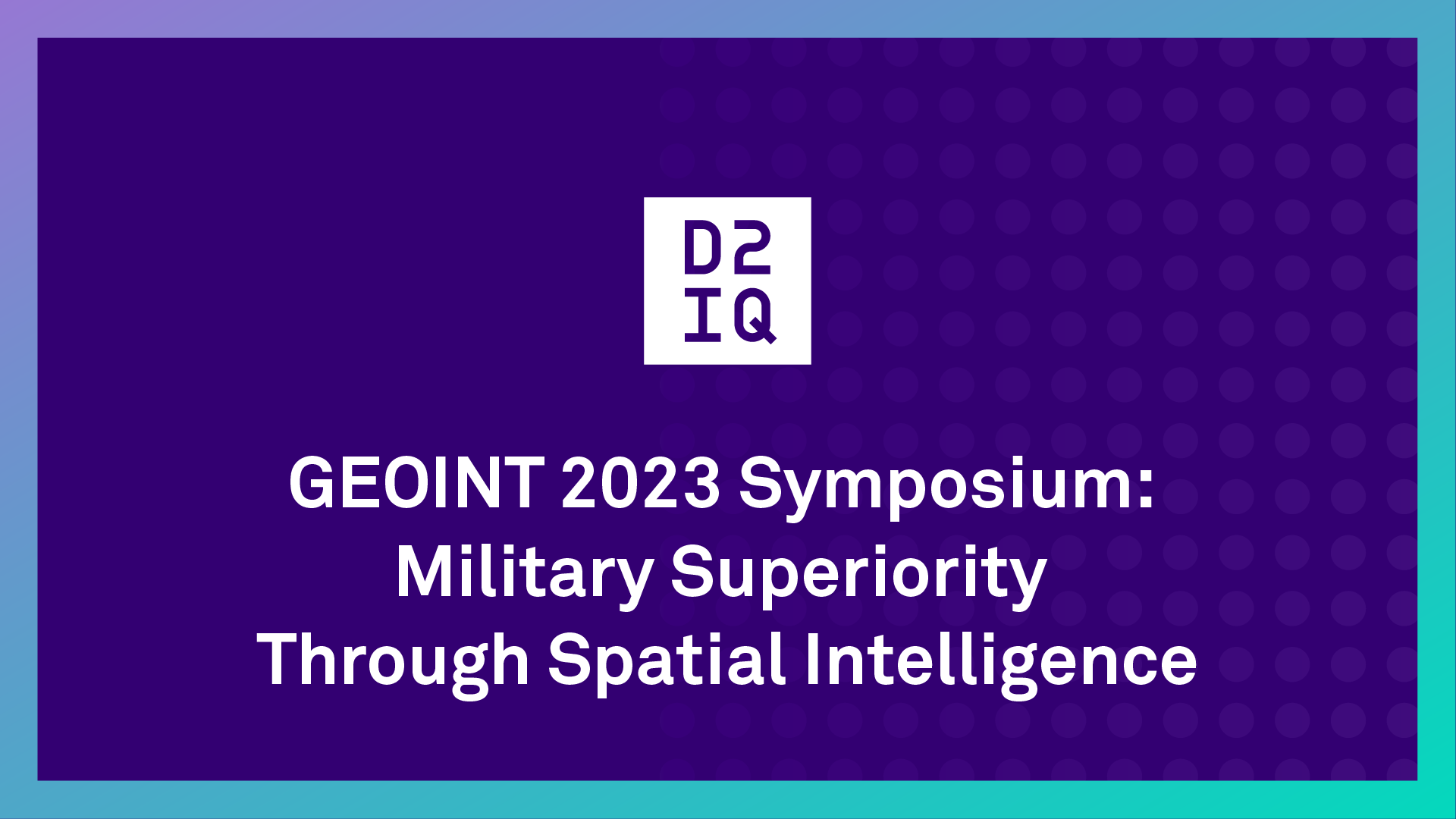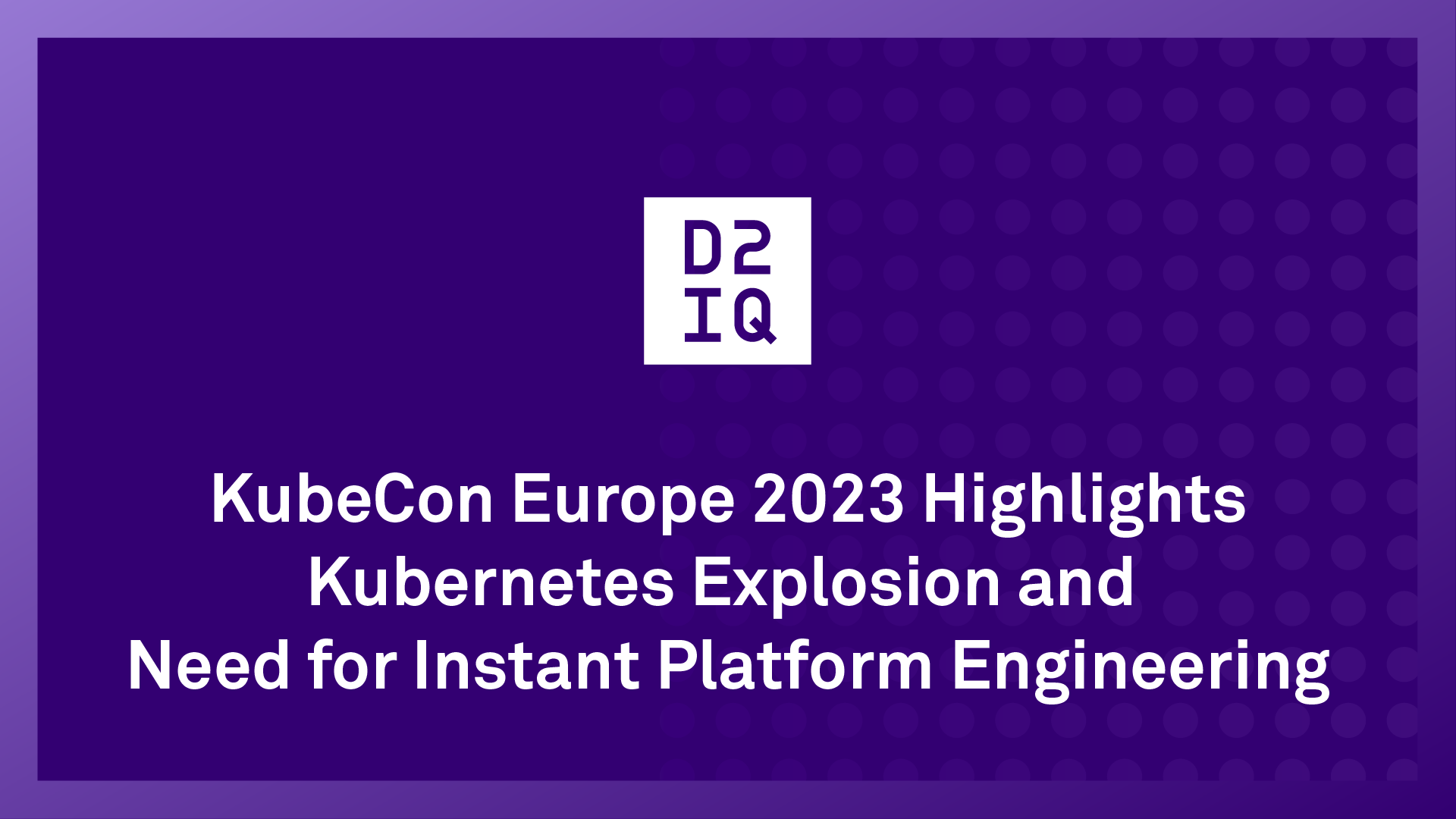We are excited to be participating in this year’s National DevOps Conference as a sponsor and presenter of the Day 2 Keynote Address.
Among the broad range of topics that will be covered at the conference, GitOps stands out as among the most important because, within the Kubernetes realm, DevOps is being transformed into GitOps through Flux.
As Flux creator
Michael Bridgen explained, “Flux was the project that gave rise to ‘GitOps,’ which helps teams manage the complexity of operating Kubernetes, and has potential to expand well beyond.”
Weaveworks, the company in which Flux was created and then turned over to the open-source community, says “Flux is the operator that makes GitOps happen in your cluster. It ensures that the cluster config matches the one in git and automates your deployments.”
Don’t Miss the Day 2 Keynote Address: GitOps Best Practices
As he notes, “A declarative approach with standardized workflows centered around GitOps can increase productivity, reliability, visibility, and reduce potential variables, which means smaller attack surfaces.”
Kim-Norman Sahm will offer expert insights and advice about employing GitOps, including:
- The benefits of Gitops and how the Kubernetes architecture makes GitOps a natural fit
- Best practices about how to implement a basic GitOps Kubernetes deployment operator at scale
- How to jumpstart your continuous integration and continuous delivery (CI/CD) effort
Single Source of Truth
As Chris Aniszczyk, CTO of the Cloud Native Computing Foundation,
explained, “GitOps started with the simple idea of using Git as the source of truth for declarative infrastructure to evolve to an ecosystem of tools that improves the developer experience of application delivery with Kubernetes.”
Besides Flux, GitOps Kubernetes management is powered by Cluster API (CAPI) and Helm. CAPI enables DevOPs teams to manage the lifecycle (create, scale, upgrade, destroy) of Kubernetes clusters using a declarative API. Helm is a package manager for Kubernetes that enables developers and operators to more easily package, configure, and deploy applications and services onto Kubernetes clusters.
Simplification Through Automation
The importance of these GitOps technologies can be seen in the D2iQ Kubernetes Platform (DKP) architecture, which is architected around CAPI to simplify infrastructure management using GitOps. DKP uses a declarative approach to Kubernetes through the adoption of CAPI and FluxCD to automate many of the manual operational tasks for continuous delivery and lifecycle management.
If you are attending
the National DevOps Conference, be sure to stop by the D2iQ booth to learn more about GitOps workflow, the D2iQ Kubernetes platform, and how D2iQ can help make your DevOps team, Kubernetes deployment, and smart-cloud native initiatives a success. Don’t miss this opportunity to speak with some of the best minds in the Kubernetes space. And don’t miss Kim-Norman Sahm’s session, Best Practices for Implementing GitOps at Scale.
Meet Us Here
The National DevOps Conference in London
Sept 28-29, 2022
Booth #18
(Registration is FREE!)
We can’t wait to see you at The National DevOps Conference!
If you like what you saw here, be sure to share this post with your co-workers and friends because we want to hear from you! Follow us on Twitter @
D2iQ, find us on
LinkedIn, or subscribe to the
D2iQ YouTube Channel.










